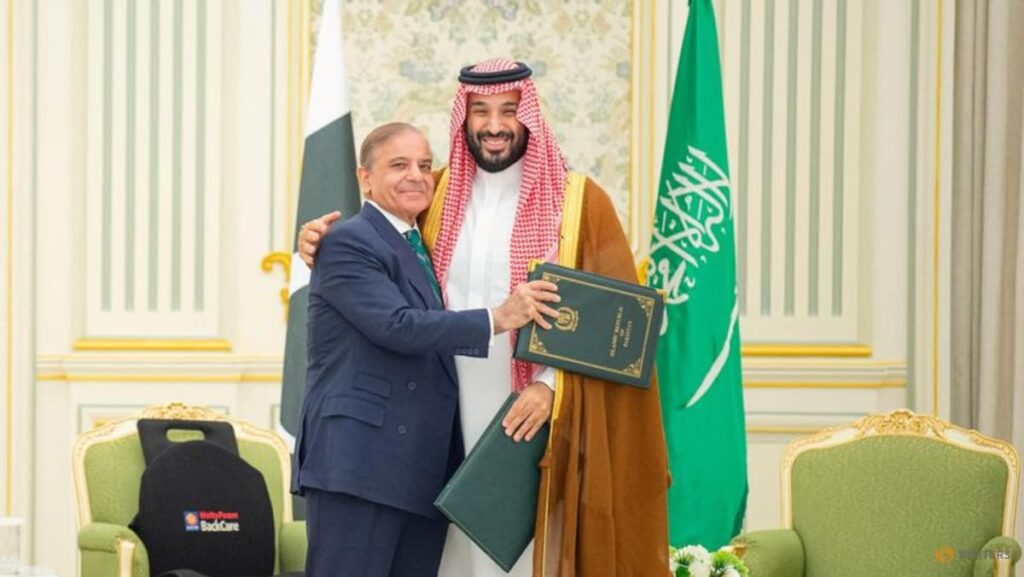LIMITS OF A HEDGING STRATEGY
Riyadh’s other partners aren’t too pleased. New Delhi, in particular, has rejoiced in recent years at Pakistan’s “isolation” from its old friends in the Gulf. Policymakers here will have been informed of the Saudis’ decision in advance, and understand the reasoning behind it.
But it still stings, especially as India’s own choices have led it here. It has grown as close to Israel in the past decade as it has to Saudi Arabia, perhaps closer. That reduces its usefulness to either.
The limits of this hedging strategy have become painfully clear. It tried to enhance its relationship with Iran, Israel and Saudi Arabia simultaneously – and so, in the current crisis, none of them feel they can rely on New Delhi. A friend to all, it turns out, is a friend to none.
This once applied to Pakistan as well, which has tried to embrace the Taliban, the Chinese, the Americans, and the Gulf. But it is now at odds with Kabul, and the US has turned away from the region. Paradoxically, that’s made Islamabad’s strategic choices much easier.
Nobody is entirely happy. The Saudis are tired, like all Pakistan’s patrons, of a military establishment that over-promises and under-delivers. The Israelis recognise their “normalisation” with Saudi Arabia will be further delayed. The Pakistanis have had to give up the autonomy they achieved in 2015; the Indians worry that Islamabad is no longer shunned; and the Iranians feel encircled.
And when sense returns to Washington, policymakers will regret allowing a fresh alliance between the Middle East’s richest country and Beijing’s most loyal client.
That’s what the post-American world will look like. Without the US, others will make whatever makeshift security arrangements they can. Some may be unpalatable, even destabilising. Nobody will feel better off – including Washington.
Read the full article here
